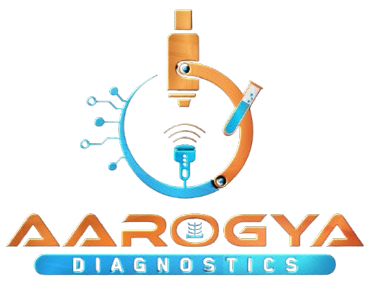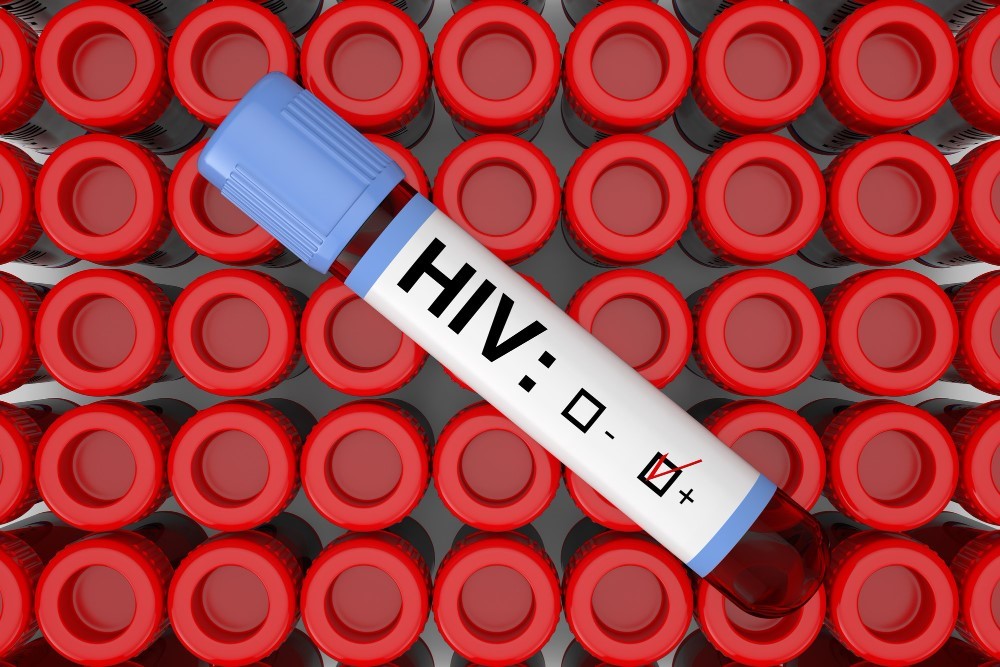Human Immunodeficiency Virus, or HIV, is a virus that weakens the immune system. It can lead to Acquired Immunodeficiency Syndrome (AIDS) if untreated. Millions globally face this challenge, with significant cases in India. Understanding the impact of HIV leads to better care and prevention.
The purpose here is to clear up misunderstandings and myths about HIV. Many people feel scared because of false information. This blog aims to provide facts about HIV testing services. Making informed health choices benefits you, your loved ones, and your community.
Myths and Facts: Dispelling Fears Around HIV Testing
Debunking Common Myths
Some believe testing for HIV is risky or inaccurate, which is not true. Others think they don’t need a test because they feel fine. These myths cause fear and prevent people from getting tested.
Facts About HIV Testing
– HIV test accuracy is high, ensuring reliable results. – Tests can be quick (rapid tests) or take a little longer (ELISA). – The process is safe and helps maintain personal and public health.
Importance of Reliable Sources
Always seek reliable information about HIV testing services from trustworthy places. Health clinics, government websites, and medical professionals are good options. Accurate information helps you feel confident about your choices regarding HIV test risks and more.
The Test Experience: What to Expect and Why It’s Important
Knowing what to expect during a test can ease worries. Here’s a brief guide:
Types of Tests
- Rapid Tests: Quick and easy, giving results within minutes. Good if you need fast answers.
- ELISA Tests: More detailed, results take a bit longer but offer high HIV test accuracy.
The Testing Process Demystified
- HIV test preparation includes listing questions or concerns you might have.
- The test involves a small blood or saliva sample.
- Wait shortly for results; professionals will guide you on next steps.
Privacy Assurance
Confidentiality is vital in HIV testing services. Your details and results remain private. This privacy encourages more people to take the test without fear.
Navigating Life Post-Test: Results, Resources, and Responsibilities
Understanding Results
After the test, you will know if you are HIV positive or negative.
- Positive Result: It means you have HIV and can discuss treatments right away.
- Negative Result: You do not have HIV now, but staying informed is wise.
Exploring Treatment Options
Treatment is crucial for those with a positive result. Anti-Retroviral Therapy (ART) helps manage health. Counseling can be beneficial too, aiding emotional well-being. Resources are available across India for guidance and support.
Impact on Public Health
Testing for HIV helps track and control its spread. It shapes health strategies to prevent more infections. Awareness and testing help protect communities.
Empowering Community Decisions
Knowing your status encourages safe practices like using PrEP (Pre-exposure Prophylaxis). Being informed helps you and those around you stay healthy.
In conclusion, understanding HIV testing services is a step towards better health. This knowledge clears away myths, makes testing less scary, and encourages informed decisions. Testing not only safeguards you but also strengthens public health measures. Getting tested and knowing your results can empower both individual and community choices.
Stay informed, stay safe, and make a change by considering HIV testing services.

